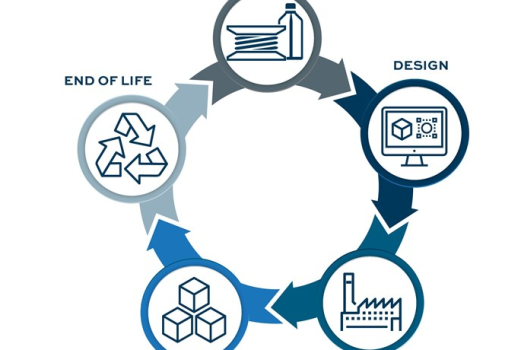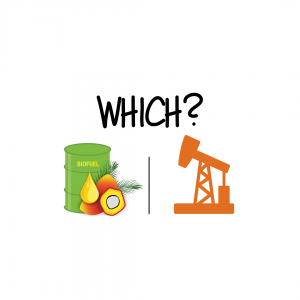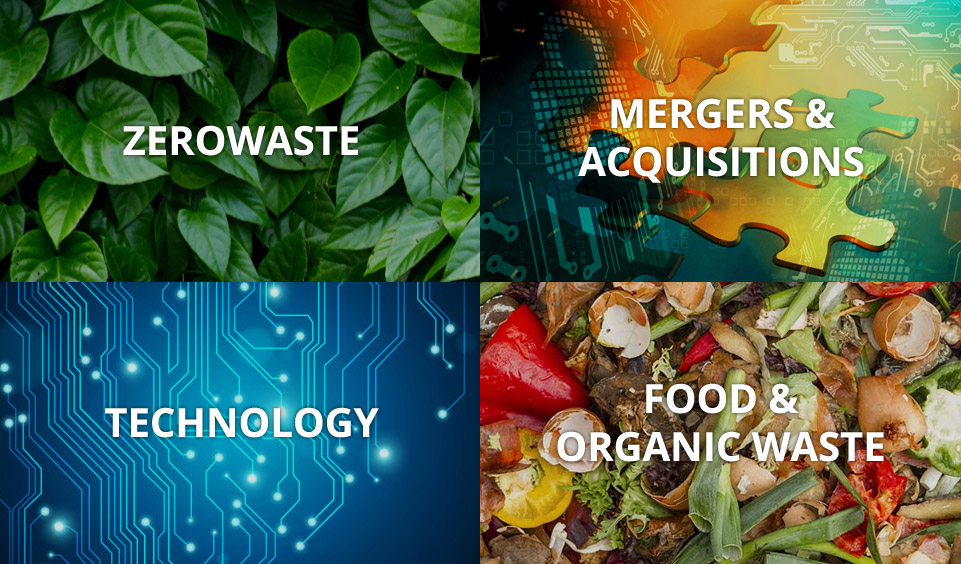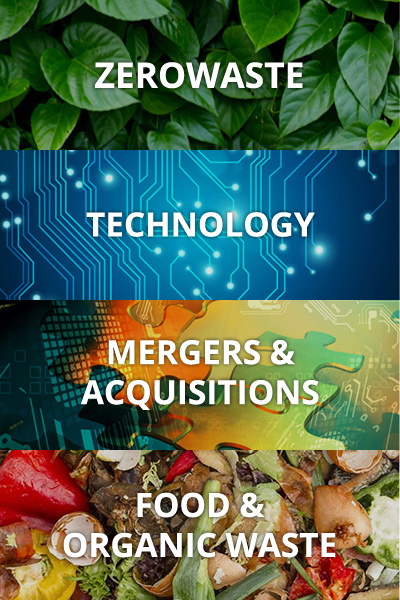Dimethyl ether (DME) is a colorless, non-toxic, and environmentally friendly alternative fuel that is becoming increasingly popular in power generation. It offers numerous benefits over traditional fuels such as diesel and gasoline.
In this article, we will explore the advantages of using DME fuel in power generation.
1. Clean burning
One of the most significant advantages of using DME as a fuel for power generation is that it burns cleanly. When DME is burned, it produces no soot and minimal emissions of nitrogen oxides (NOx) and sulfur oxides (SOx). It is in contrast to traditional fuels such as diesel and gasoline, which produce significant amounts of soot and emissions of NOx and SOx.
Soot is a black, powdery substance that is produced when fuels are burned incompletely. It can accumulate in engines and exhaust systems, leading to reduced efficiency and increased maintenance costs. In addition, soot contains a range of harmful chemicals, including polycyclic aromatic hydrocarbons (PAHs), which are known to cause cancer.
NOx and SOx are two types of harmful air pollutants that are produced when fuels are burned at high temperatures. These pollutants can contribute to smog, acid rain, and respiratory problems in humans and animals.
By using DME as a fuel for power generation, the emissions of these harmful pollutants can be significantly reduced. It can also help extend the lifespan of power generation equipment.
2. High Energy Content
DME has a high energy content per unit volume compared to other traditional fuels such as diesel and gasoline. The energy content of a fuel is measured in terms of its heating value or calorific value. It is the amount of heat energy that is released when the fuel is burned.
It has a heating value of approximately 28.7 megajoules per kilogram (MJ/kg), which is higher than that of diesel (about 46.3 MJ/kg) and gasoline (about 43.3 MJ/kg), meaning DME can produce more energy per unit of fuel than diesel or gasoline. And, that makes it a more efficient fuel for power generation.
DME’s high energy content also implies that less fuel is required to produce the same amount of energy as traditional fuels. And that results in lower fuel costs for power generation, as less fuel needs to be purchased and transported to power generation facilities.
3. Easy to store and transport
Another advantage of DME as a fuel for power generation is that it is easy to store and transport. DME is a gas at ambient temperature and pressure, which means that it cannot be stored and transported like traditional liquid fuels such as gasoline or diesel. However, DME can be easily compressed into a liquid form for storage and transportation.
Compressing DME into a liquid form increases its density, which means that a larger amount of DME can be stored in a smaller space. This makes it easier and more cost-effective to transport DME over long distances, as it reduces the number of transport vehicles required and the associated transportation costs.
Because DME is non-toxic and non-corrosive, it does not require special storage or transportation measures, such as underground storage tanks or specialized transportation containers. That allows it to further reduce the costs and complexity of storing and transporting DME.



